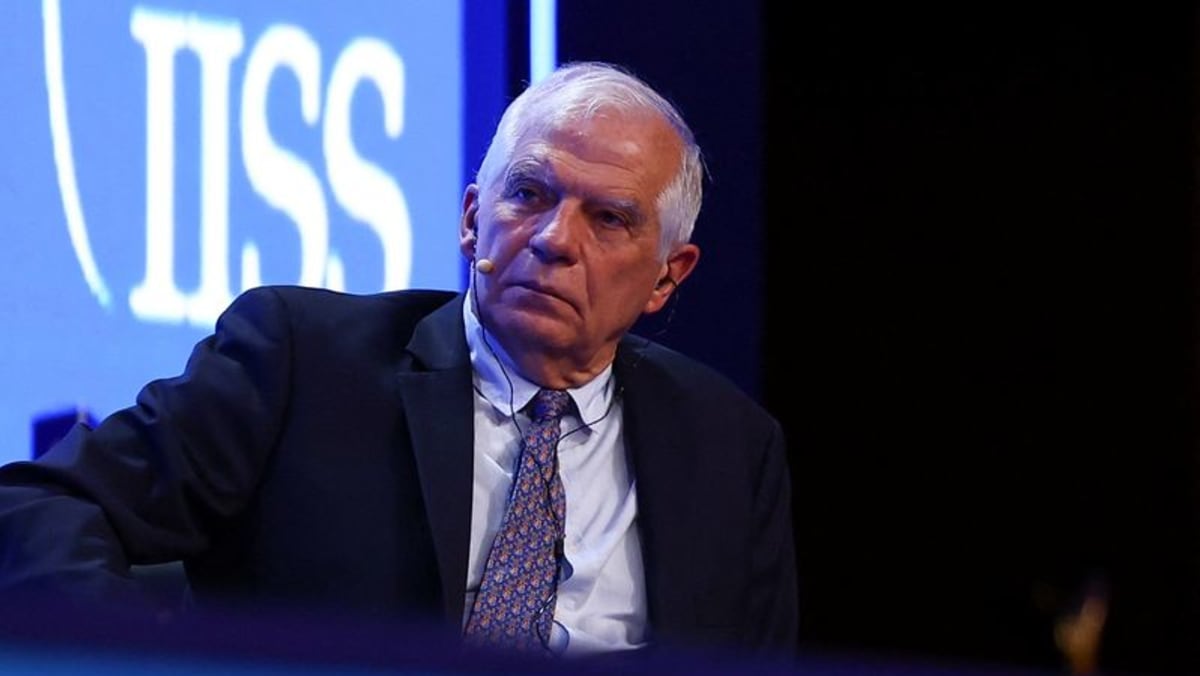“The purpose of this conference is to bring as many people as possible to discuss how peace could look like,” said Mr Borrell, adding that the EU has a “strong moral commitment” to back Ukraine against Russian invaders.
“This country wants to explain to the rest of the world what’s happening and which are their proposals to stop the war, and the more people (attend) at the highest possible level, the more the international community has to use their influence and their capacity to stop this war. It’s not a peace conference, it’s a conference about peace.”
In 1994, three years after its independence, Ukraine gave up its arms and nuclear arsenal – the third largest in the world at the time – to Russia in exchange for security assurances that its territorial sovereignty would be respected.
Ukraine was then a nuclear power, but it returned all the missiles “because the international community was not in favour of proliferation”, Mr Borrell pointed out.
“Russia signed a commitment ensuring the territorial integrity of Ukraine. So whoever says that the problem is NATO (The North Atlantic Treaty Organization) encircling Russia, Russia didn’t fulfil the commitments they took when they recovered the nuclear arms that Ukraine was having as inheritance of the Soviet Union.”
Any peace in Ukraine must be based on the country’s right to sovereignty, he noted.
“A lot of people are willing to facilitate peace. But how? What kind of peace?” he added. “The peace that has to be based on the right to sovereignty and territorial integrity.
“A peace based on surrender, because you don’t have the capacity to fight, will not be a peace. It will be a domination.”

